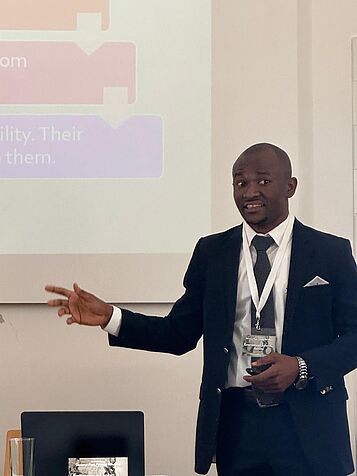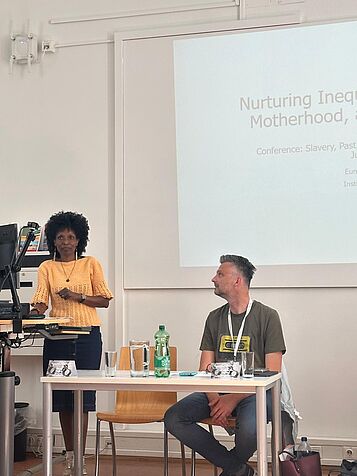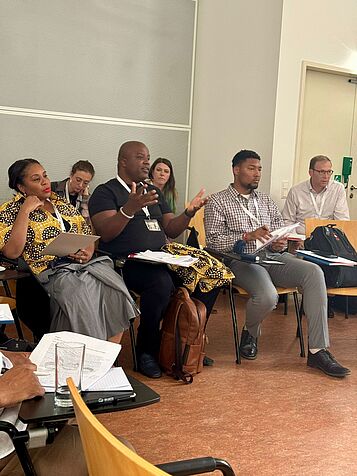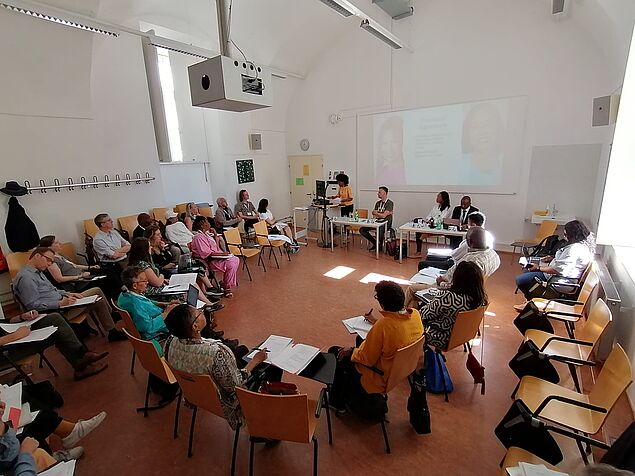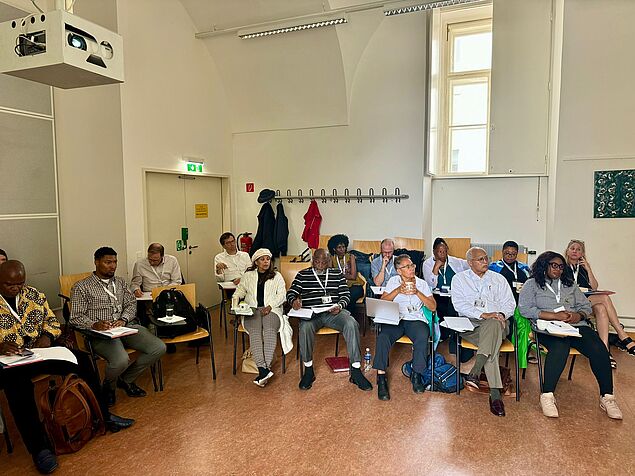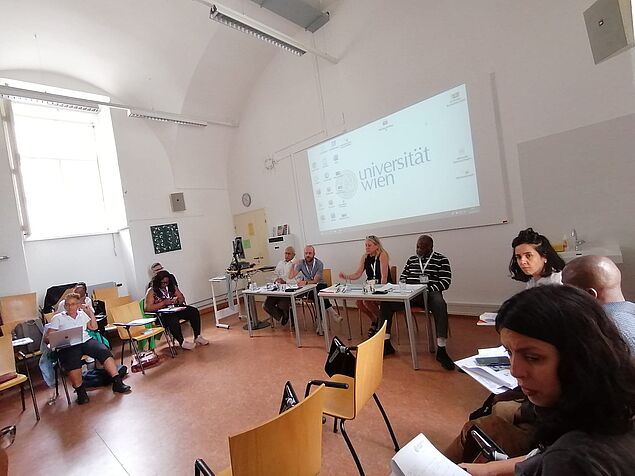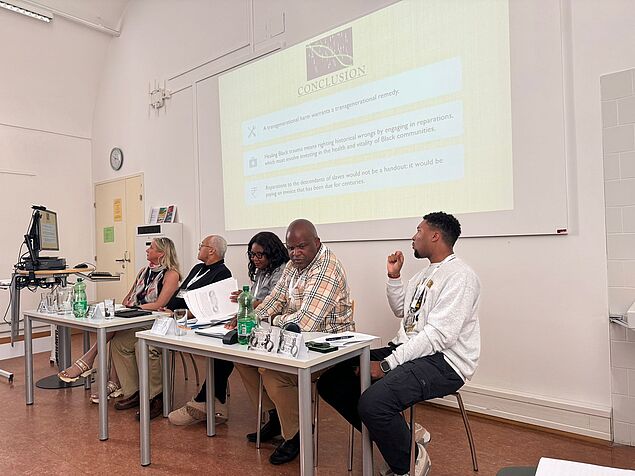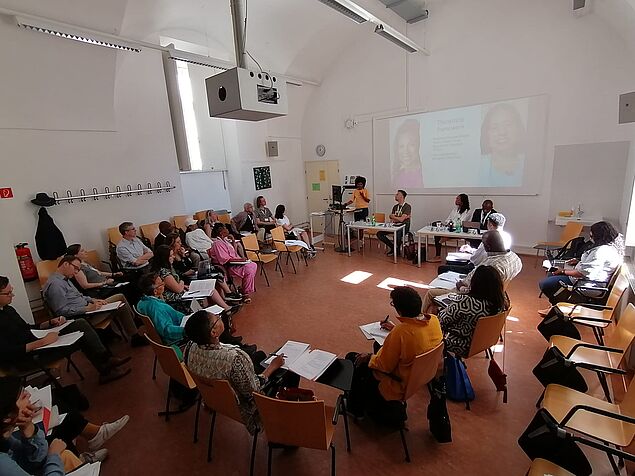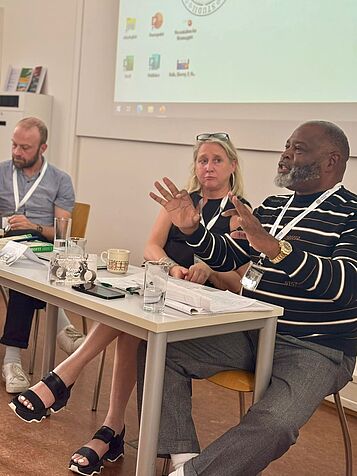Slavery Past, Present & Future: 8th Global Meeting
13 - 15 June 2024
Department of African Studies, University of Vienna
To be held in person in Vienna, Austria
Slavery (the treatment of humans as chattel) and enslavement through conquest, birth, gender, race, ethnicity, kinship, and exploitation of indebtedness have been an intrinsic part of human societies.
Slavery and a variety of other forms of exploitation existed in ancient societies across the world, and in many other states and territories. The Transatlantic Slave Trade furnished at least 10 million Africans for slavery throughout the Americas.
Controversial and contested estimates indicate that up to 40 million people worldwide are enslaved today. This modern re-emergence of slavery into public view, following legal abolition of the Transatlantic Slave Trade over two hundred years ago, is said to be linked to the deepening interconnectedness of countries in the global economy, overpopulation, and the economic and other vulnerabilities of individual victims and communities.
But should we think of these people as enslaved? And, if so, is slavery an inevitable part of the human condition? Like ‘consumers’ of past eras, such as early industrialization, are we dependent on the exploitation of others? What does the persistence and mutations of different forms of exploitation mean in the context of abolition and recognition of universal individual and collective human rights?
The varieties of contemporary forms of exploitation appear to be endless. This interdisciplinary conference will facilitate a multidisciplinary exploration of slavery and enslavement in all its dimensions.
In keeping with previous meetings, the format of the Slavery Past, Present and Future Conference this year will be plenary. We intend to hold the meetings in person and expect those who register to attend all the sessions in order to facilitate a genuine cross-fertilization of ideas across identities, disciplines, and subject areas.
- Please note: In case of COVID -19 restricting mobility and participation, we will pivot to online in the event that travel restrictions require it (in which case, the registration fee would be lowered and partially refunded).
Steering Committee:
• Emmanuel John A. Awine (Johns Hopkins University, Maryland, USA)
• Karen E. Bravo (Indiana University Robert H. McKinney School of Law, Indiana, USA)
• David Bulla (Augusta University, Georgia, USA)
• Judith Onwubiko (London South Bank University, United Kingdom)
• Ulrich Pallua (University of Innsbruck, Austria)
• Sheetal Shah (Webster Leiden Campus, Webster University USA, The Netherlands)
• Judith Spicksley (University of Hull, United Kingdom)
African Studies Department, University of Vienna: Arno Sonderegger
Full Programme
Dateigröße: 1.0 MB



